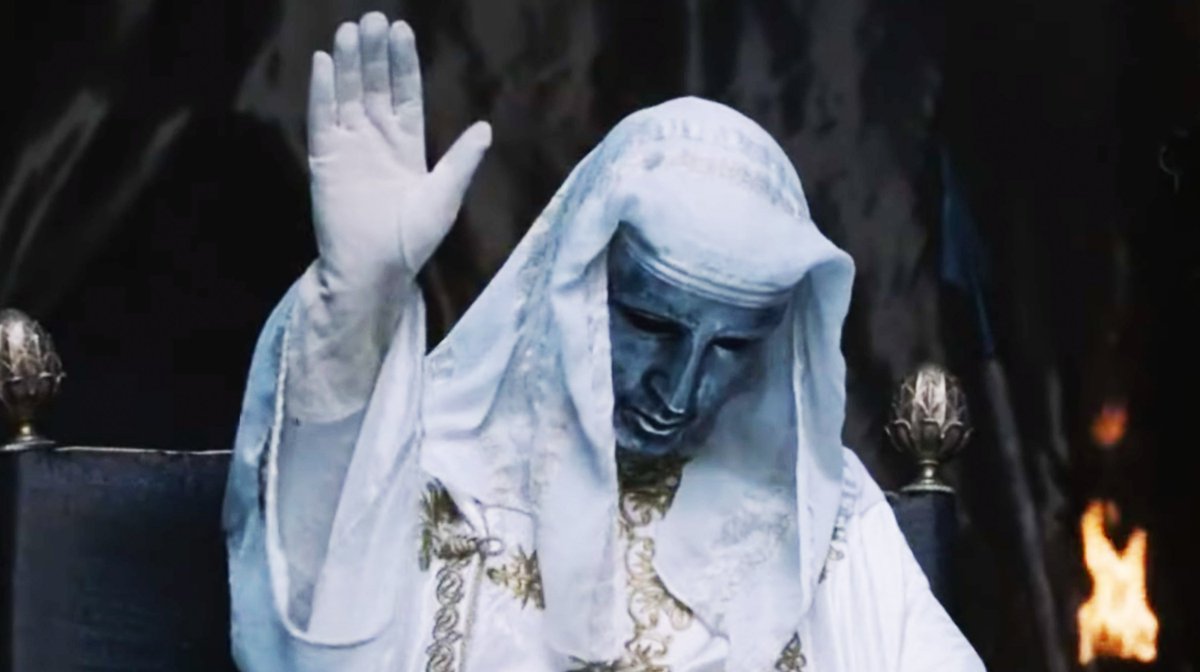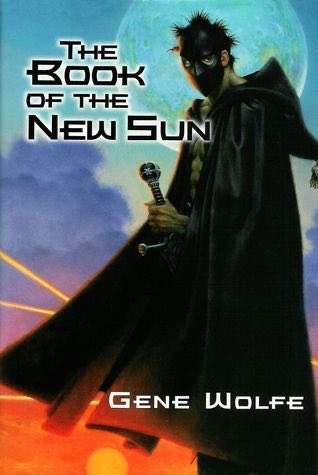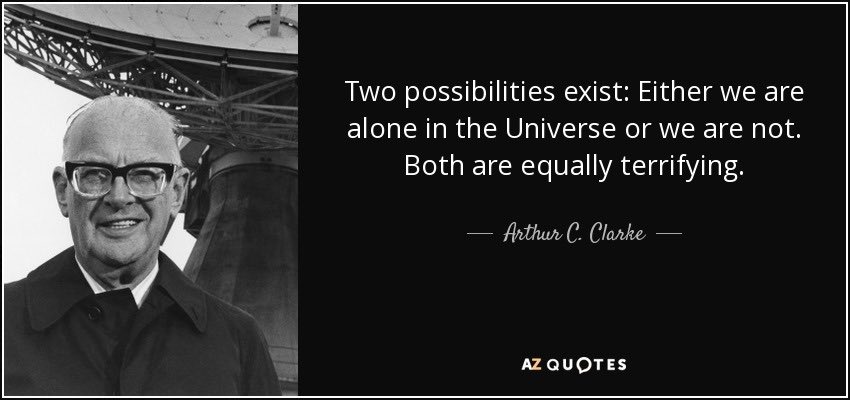I'll give a proper answer to the critique. To steelman this argument, the neo-pagan sees Tolkien's "history as a long defeat" as a rallying cry of nihilism. After all, Gondor is but a shadow of Númenor. And it is all but explicitly said that the Age of Men will be lesser... 1/

https://twitter.com/realSimonLaird/status/1787284981032587617

But what the neo-pagan fails to see is the religion Tolkien's mythos is embedded in. Tolkien sees the strength of elves and men as fading to sin. So it is a very good thing, that the fate of the world does not lie in men! Tolkien meant his world for a Redeemer 2/ 

The neo-pagan sees the collapse of empire, the collapse of material glory. But Tolkien's story is a foreshadowing of our own story, the seeking of spiritual riches beyond this world. Just as Frodo cast the Ring into Mount Doom, so did Christ rise from the grave. 3/ 

The end of LOTR is not a weary call for another collapse. It is a call for greater heroes, greater triumphs. And as the times grow darker, so must stronger men ride out to meet them. Théoden was not a lesser son. He was a son who stood true when it mattered the most. 4/ 

And unlike Denethor, we are fortunate because we know we live in a time of victory. Christ has conquered over the grave. Death and Sauron has been defeated in the distant past! We only need to live by the example of those who have gone before us. That is the final test. end/ 

• • •
Missing some Tweet in this thread? You can try to
force a refresh






















